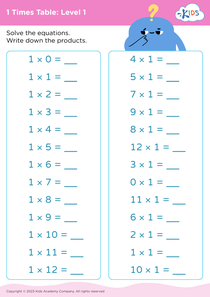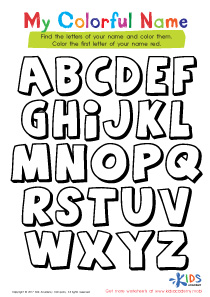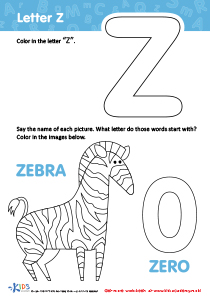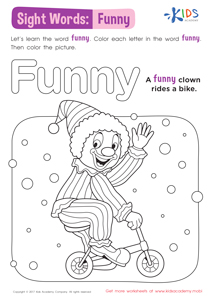Writing practice Easy Grade 3 Alphabet Worksheets
3 filtered results
-
From - To
Welcome to our Easy Grade 3 Alphabet Worksheets, designed to enhance your child's writing skills with engaging and interactive activities. These worksheets focus on helping third graders practice their alphabet letters through fun exercises that promote writing fluency. Each worksheet includes tracing exercises, spaced writing prompts, and creative engaging tasks that encourage young learners to recognize and confidently write both uppercase and lowercase letters. By providing a colorful and stimulating environment for practice, we aim to build a solid foundation for advanced writing. Perfect for parents and teachers looking to supplement classroom learning or provide extra practice at home. Start your journey to better writing today!
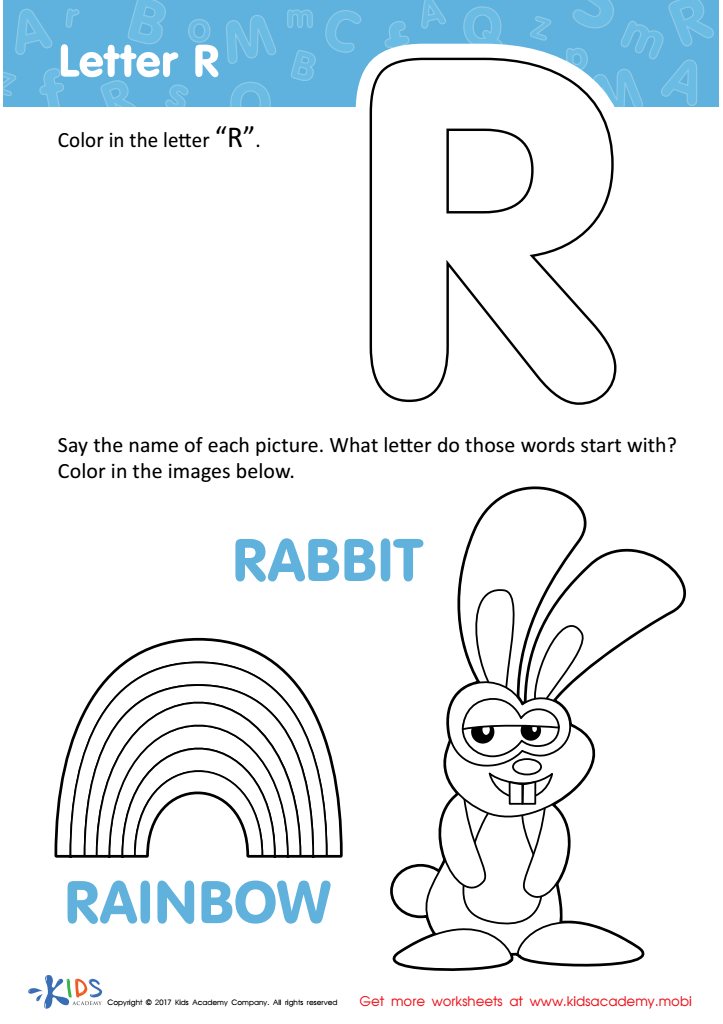

Letter R Coloring Sheet
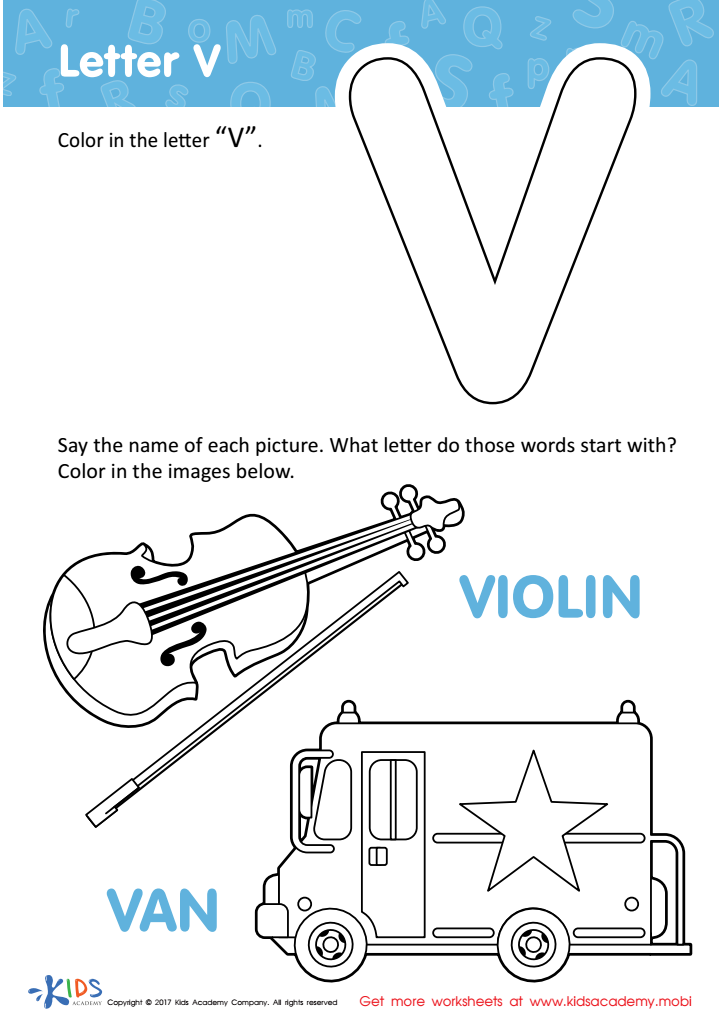

Letter V Coloring Sheet
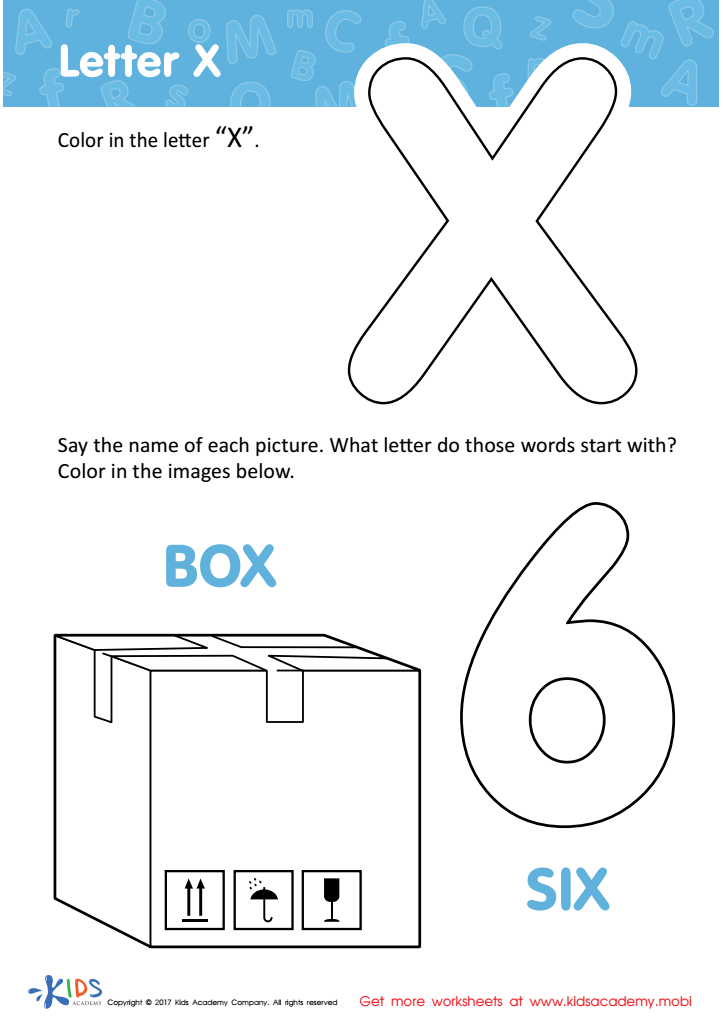

Letter X Coloring Sheet
Writing practice is crucial for grade 3 students, as it lays the foundation for effective communication and literacy skills. At this stage, children are transitioning from learning to write letters to forming coherent sentences and essays. Parents and teachers should care about writing practice for several reasons.
Firstly, writing enhances cognitive development; it encourages students to organize their thoughts and express them clearly. This skill not only benefits academic performance but also supports critical thinking.
Secondly, fine motor skills are further developed through writing practice. By refining their ability to hold and manipulate a pencil, children improve dexterity, which is essential for various other daily tasks.
Moreover, regular writing practice cultivates creativity. It allows students to explore their imagination and tell stories, helping them engage more deeply with their learning materials.
Lastly, writing is a critical component of standardized assessments, and early proficiency can lead to greater confidence and improved results in academic settings. By facilitating consistent writing practice, parents and teachers equip children with vital skills that will benefit them not only in school but throughout their lives. Therefore, investing in writing development is essential for holistic growth and future success.
 Assign to My Students
Assign to My Students








